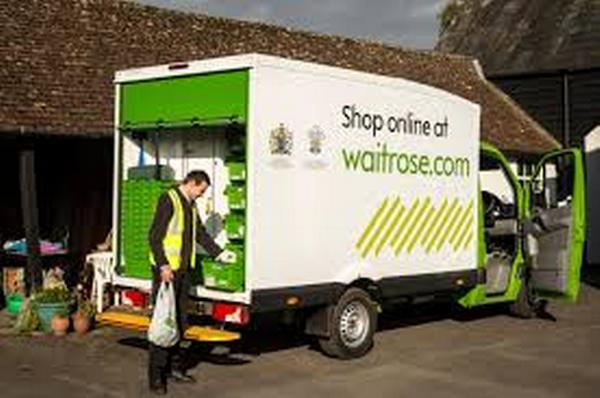The SRF was recently selected by the UK Committee for Climate Change (CCC) to improve the evidence base on demand side measures to inform their advice on the Fifth Carbon Budget.
Click here to download the case study
In response to overwhelming scientific consensus that human-caused greenhouse gas emissions cause climate change acceleration, the 2008 Climate Change Act established the world’s first legally binding framework on climate change. Under the act the UK is committed to reduce its CO2 emissions by at least 80% from 1990 levels by 2050. The United Nations Framework Convention on Climate Change sets a high target; that global average temperature should not exceed 2° above pre-industrial levels [1]. By meeting the 80% reduction target, the UK contribution to global emissions reductions will be consistent with limiting global temperature rise to as little as possible above 2°C [2].
The CCC was established under the 2008 Act as an independent, statutory body. Its purpose is to advise the UK Government on emissions targets and report to Parliament on progress made in reducing emissions. Its advice on carbon budgets and targets is directly reflected in legislation and the Government’s carbon strategy.
| * Budget | Carbon budget level | % reduction below base year |
|---|---|---|
| 1st Carbon budget (2008 – 2012) | 3,018 MtCO2e | 23% |
| 2nd Carbon budget (2013 – 2018) | 2,782 MrCO2e | 29% |
| 3rd Carbon budget (2018 – 2022) | 2,544 MtCO2e | 35% by 2020 |
| 4t Carbon budget (2023 – 2027) | 1,950 MtCO2e | 50% by 2025 |
*Source: Committee for Climate Change, 2016
Meeting the UK’s 2050 emissions reduction target at a manageable cost will require significant decarbonisation of the transport sector. Road freight is the second largest source of transport emissions in the UK, accounting for 22% (24MtCO2e) of surface transport emissions in 2013.
In response to a call for evidence, the SRF was selected by the CCC to improve the evidence base on demand side measures for road freight (measures implemented by freight operators that affect how HGVs are used rather than the technical specification of trucks) to inform their advice on the Fifth Carbon Budget. The demand side measures considered by the report included operator implemented strategies for emissions reduction such as changes to driving style, logistics factors and technology improvements fitted by operators to existing vehicles.
The SRF’s contribution to the CCC evidence base will be used to further inform energy and climate change policy. The team built a model of the likely uptake and CO2 benefits of various decarbonisation options, based on the previous analysis for the SRF Optimiser.
The SRF project found that there is the potential for demand-side measures to reduce emissions by around 34% of baseline HGV emissions by 2035. The bulk of the savings, around 60%, are from measures to improve operator efficiency, with the remainder being from logistics measures.
The extent to which potential carbon and cost savings from improvements to logistics operations are realised in practice depends on a range of other factors including: the way the industry will evolve, future collaboration practices and overcoming the non-financial barriers to adoption.
The project identified that the key areas which would need to be addressed were:
- Improving the availability of logistics data to facilitate horizontal collaboration and improved planning operations.
- Clarification of permissible forms of collaboration in the context of anti-competitive regulation.
- The development of strategies to permit the use of longer heavier vehicles.
- Facilitation of land use considerations for urban consolidation centres.
- The project’s findings will be included in guidance for the 5th Carbon Budget, which means the recommendations will go forward for consideration by the Government.
- The report has been picked up by the Department for Transport as a cornerstone of their formal response to the 5th Carbon Budget. The points raised by the SRF will be one of a limited number of contributions used to form a list of actions the sector can take to reduce carbon emissions.
- The Freight Transport Association (FTA) has included it in their response to the 5th Carbon Budget – which in effect feeds into the Department for Transport’s response.
- Informs company strategy, in particular the design and organisation of transport fleets.
- Develops visibility regarding likely policy developments.
- Provides a framework and modelling tool to evaluate uptake rates and their impact across a range of vehicle and operational interventions.
- Tool against which scenarios can be evaluated (e.g. a rise in fuel prices)
- Will inform policy regarding demand side interventions in carbon reduction.
- Cop (2012) Report of the Conference of the Parties on its seventeenth session. Addendum. Part two. Proceedings of the Conference of the Parties on its seventeenth session. Durban SA
- CCC (2015) Carbon Budgets and targets (https://www.theccc.org.uk)
Other Links
People
Related topics
No related topics
Related publications



